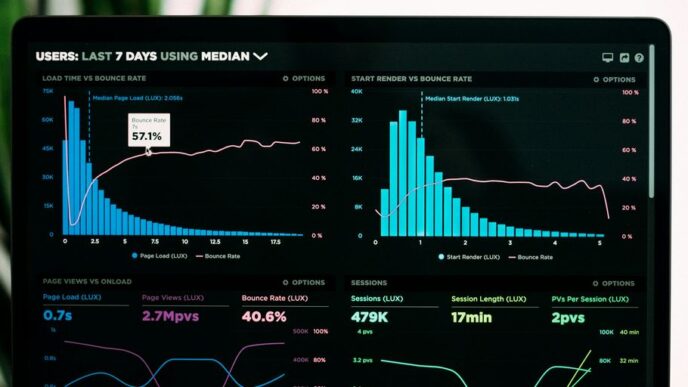Uber Technologies Inc. has filed a lawsuit against DoorDash, accusing the food delivery giant of engaging in anti-competitive practices that harm restaurants and stifle competition in the food delivery market. The lawsuit, filed in California, claims that DoorDash has coerced restaurants into exclusive agreements by threatening penalties and demotions within its app.
Key Takeaways
- Uber accuses DoorDash of using coercive tactics against restaurants.
- The lawsuit seeks unspecified damages and a change in DoorDash’s business practices.
- DoorDash denies the allegations, calling them unfounded.
Uber’s lawsuit highlights the ongoing rivalry between the two companies, which has intensified since the COVID-19 pandemic spurred growth in the food delivery sector. Uber’s head of Americas for Uber Eats, Sarfraz Maredia, stated, "Restaurants across the country have told us that DoorDash’s bullying tactics leave them with an impossible choice: cave to their demands or pay the price."
The lawsuit aims to address what Uber describes as a pattern of behavior by DoorDash that undermines fair competition. Uber is seeking a judgment that would compel DoorDash to alter its business practices, which it claims are detrimental to both restaurants and consumers.
Background of the Rivalry
- Market Dynamics: The food delivery market has become increasingly competitive, with both Uber and DoorDash vying for market share.
- Service Offerings: DoorDash launched its first-party service in 2016, allowing restaurants to manage their own apps while outsourcing delivery logistics. Uber followed with its own version, "Uber Direct," in 2020.
- Financial Performance: Both companies have reported significant revenue from their restaurant services, with Uber recently posting its second full-year profit and DoorDash announcing its second quarterly profit since going public.
DoorDash’s Response
In response to the lawsuit, DoorDash has firmly denied the allegations, asserting that Uber’s claims lack merit and are a reflection of its inability to compete effectively. DoorDash stated, "Their claims are unfounded and based on their inability to offer merchants, consumers, or couriers a quality alternative."
Implications for Restaurants
Uber’s lawsuit sheds light on the challenges faced by restaurants in navigating the competitive landscape of food delivery services. The allegations suggest that many restaurants feel pressured to choose between DoorDash and other platforms, potentially limiting their options and impacting their bottom line.
Uber claims that a significant restaurant company recently informed them that it would not expand its services on Uber’s platform due to DoorDash’s threats to increase commission rates. This situation exemplifies the high stakes involved in the food delivery market and the potential consequences for restaurants caught in the crossfire.
Conclusion
The legal battle between Uber and DoorDash is set to unfold in the coming months, with potential ramifications for the food delivery industry as a whole. As both companies continue to compete for dominance, the outcome of this lawsuit could reshape the landscape of food delivery services and influence how restaurants operate within this competitive environment.
Sources
- Uber accuses DoorDash of anti-competitive practices in lawsuit, Financial Times.














